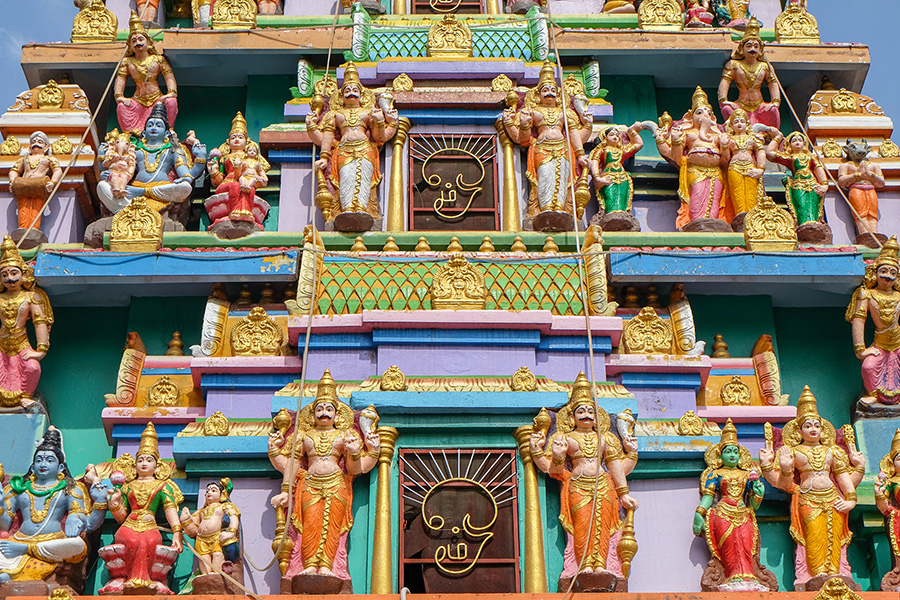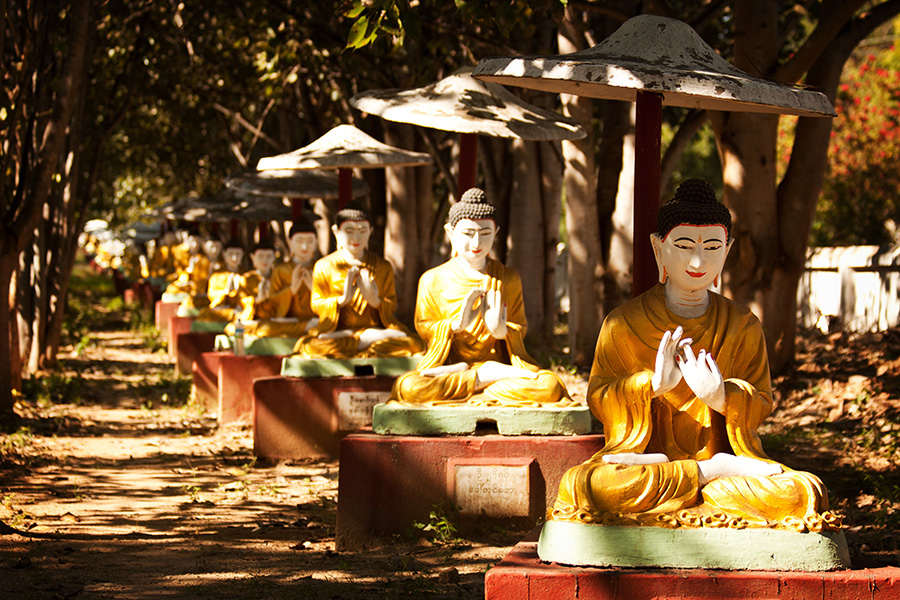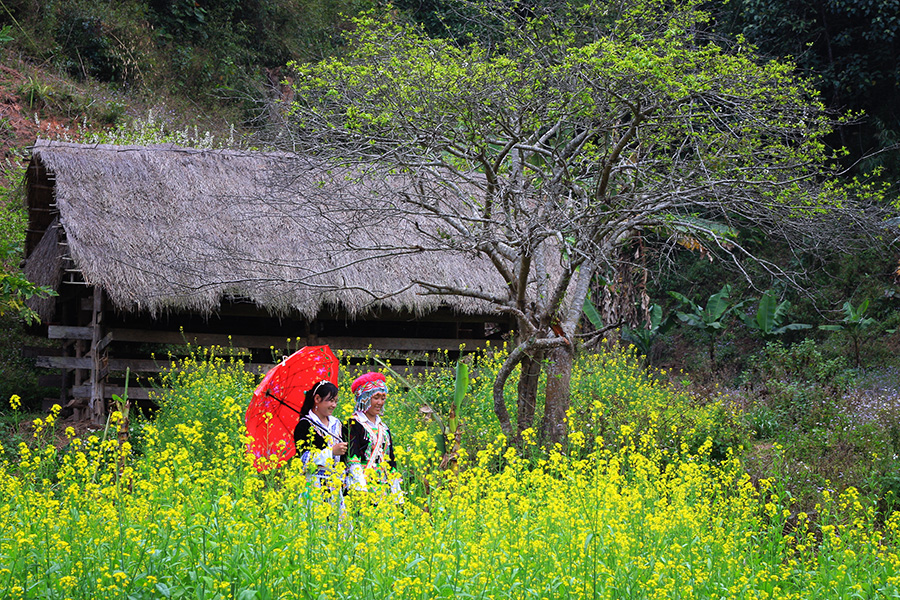How to be a responsible traveler
General code of conduct for a Responsible traveler
Environmental Conservation and Sustainability
- Please say no to exotic foods that threaten wildlife and endangered species, and whenever possible choose organically farmed food.
- Please say no to products made from endangered plants or animals, such as ivory, tortoise shells, and wild animal skins.
- Please turn off your air conditioner, fans, lights and other electrical appliances when you leave your hotel room or guesthouse.
- When visiting coral reefs, please do not touch live coral or take home sea life.
- Please be conscious about how much trash you are creating and practice the 3 R’s: Reduce, Reuse, Recycle.
- Please travel keeping in mind the slogan ‘leave no trace’.
- Keep to designated trails when out walking and be diligent when cleaning up after yourself and your group at rest stops and camp sites.
Cultural Preservation and Respect
- Try to learn about the culture before you travel and be willing to try alternative options.
- Please learn some of the local language(s). Even the basics such as ‘hello’, ‘good bye’ and ‘thank you’ are highly appreciated!
- Please respect the cultural differences between yourself and your hosts. Make every effort to appreciate what is different.
- Please be careful when showing affection in public. It is best to limit affection to holding hands – especially in rural areas.
- Please avoid patting or touching people on their heads, it is the symbolic high point in Asia.
- Be aware of the importance of the ancestral shrines in Vietnam. Avoid backing up to, pointing your feet at, or changing your clothes in front of any temple, shrine or altar.
Ethical Travel
- By using locally produced goods and services you contribute financially to the community you are visiting and help turn tourism to the country’s benefit.
- Please drink and eat local food when you can.
- Use local transport and support local shops.
- Please try to avoid paying for simple acts of kindness in cash – for example, being given directions – a simple ‘thank you’ and a handshake will do.
- Hire a local guide when visiting protected areas or historical sites. This way you will contribute to the local economy, and learn more about the area.
- Giving money away to both children and adults promotes a begging mentality and culture.
- Please avoid giving children money or gifts. It is better to pay for a postcard, map or shoeshine.
- Giving chocolate or sweets is a bad idea, as many people do not have access to dentists and knowledge of dental hygiene is poor.
- Please support local initiatives and community based projects whenever possible. A simple acknowledgment of a job well done makes all the difference
how to become a responsible traveler
Being a responsible traveller is easy. It does not require much effort and it can make your experience much more authentic and unique.
Responsible tourism is all about leaving a positive impact on not only the environment, but also the people who live in the places you choose to visit.
The following actions are based on the World Tourism Organisation’s guideline to become a responsible traveller. Passion Asia Travel encourages all travellers to be responsible before, during and after their journey. Thus, we would like to share a few tips with you!




